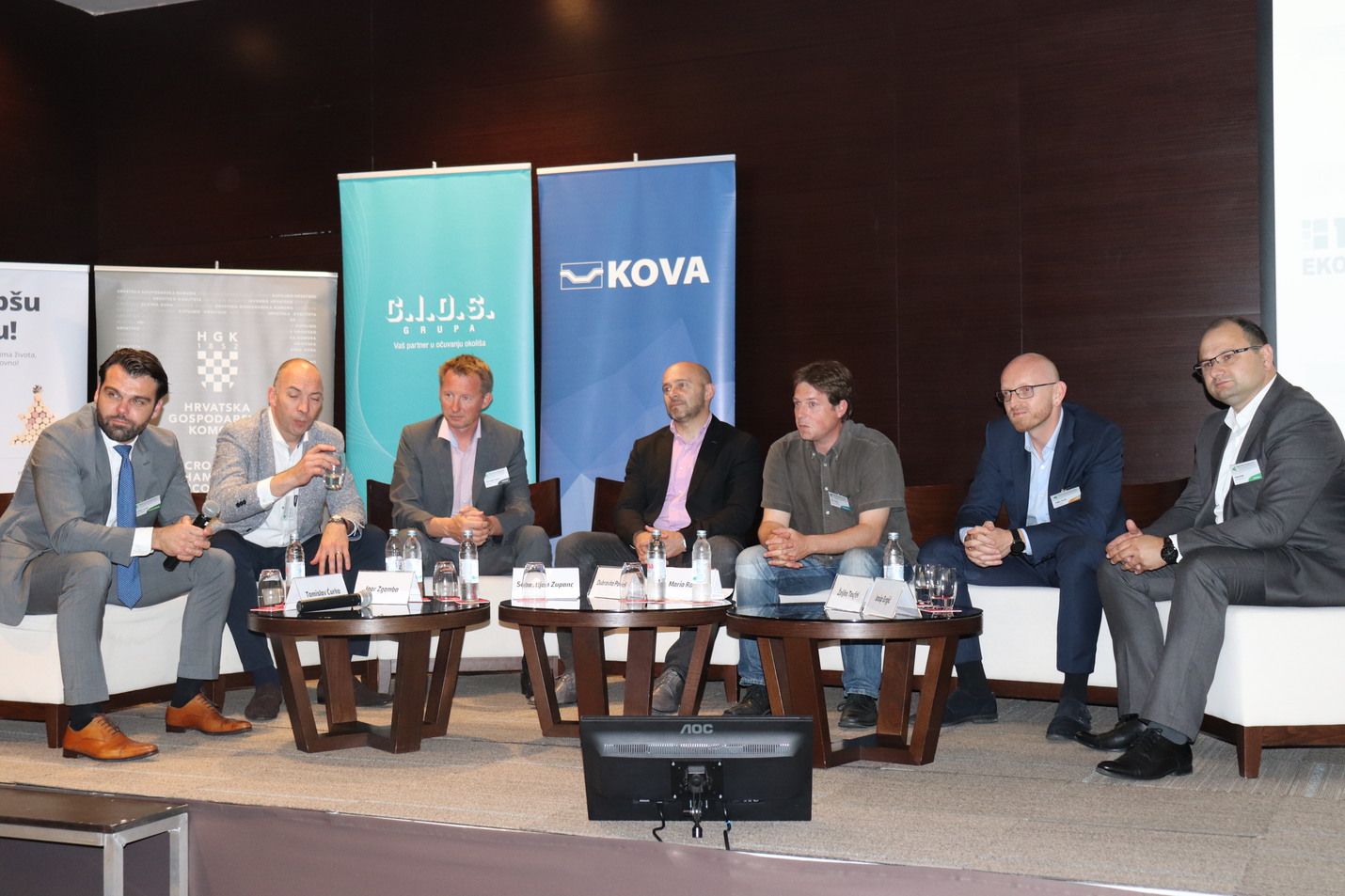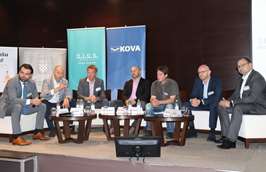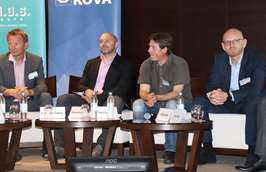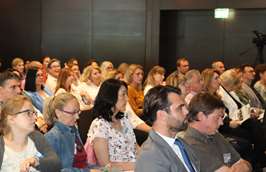05.06.2019.
“Waste management has crystallised as one of the greatest environmental challenges in Croatia and resolving it is a priority. That is the reason why this conference is an excellent opportunity to consolidate the know-how through panel discussions and presentations, which we can then employ in establishing a sustainable waste management system,” said the director of the Fund, Dubravko Ponoš, at the opening of the International Conference on the Role of the Public and Private Sectors in Circular Waste Management. The conference was organised by Business Media Croatia, publisher of the professional magazine Tehnoeko, and it gathered more than 250 participants from the country and abroad.
Director Ponoš also participated in the panel discussing the complementarity of the public and private sectors in waste management. The participants agreed that any waste management system has justifiable costs, and it cannot be sustainable unless its economic aspect is taken into account. That is why the circular economy cycle can be efficiently completed only if the win-win combination of both the public and private sectors is employed, with the market as the end regulator.
Numerous expert lectures were held during the conference; the presentation dealing with waste management on islands was held by Aleksandra Čilić, in charge of the Environmental Protection Sector, while head of the Sector for EU Projects, Maja Feketić, presented the project of remediation of pit Sovjak, for which roughly €50 million has been secured from European Union funds. The conference also raised the topic of the role of communication, which is very important for successful implementation of the projects, especially those whose outcome depends on developing awareness and changing the behaviour of the wider public. The role of the media in this type of communication was illustrated by Lidija Tošić, the head of the Public relations department at the Fund.
“It is vital to foster an open and productive dialogue, and to detect the challenges we are facing, because only in this way can we transform the present system of waste management into a sustainable one,” commented Ponoš.









